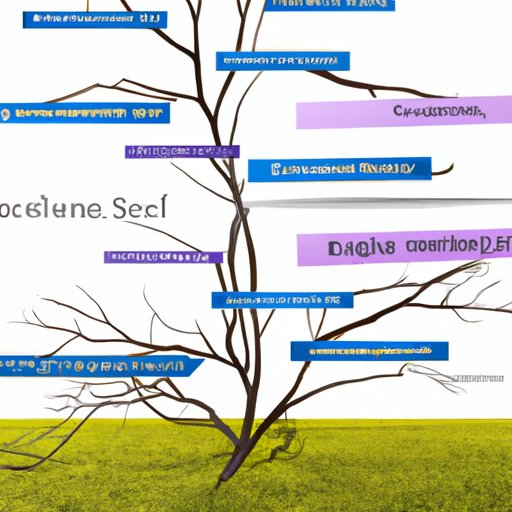Introduction
Social sciences are a set of academic disciplines that explore aspects of human behavior and interactions. They focus on understanding, interpreting, and predicting the behavior of individuals, groups, and societies. These disciplines include anthropology, economics, political science, psychology, and sociology.
The social sciences have a wide range of applications in everyday life. For example, they help us to better understand why people behave the way they do, which can be useful for developing public policies or designing marketing strategies. They also provide insight into how different social, economic, and political systems work and interact with each other.

Exploring the Different Branches of Social Sciences
Anthropology is the study of human culture and behavior. It looks at how humans evolved, how societies form and change, and how different cultures interact. Anthropology also investigates how language, religion, and technology shape human behavior.
Economics focuses on the production, distribution, and consumption of goods and services. It looks at how markets and economies function, as well as how individuals, businesses, and governments make economic decisions.
Political science is the study of governments, public policies, and political processes. It examines how power is distributed and exercised in different societies and how it affects various aspects of life such as law, religion, and economics.
Psychology is the study of the mind and behavior. It investigates how biological, cognitive, and social processes shape human behavior and mental processes. It also looks at how individual and group behavior is affected by environmental factors.
Sociology focuses on the study of social relationships. It looks at how individuals, groups, and societies interact with one another and how these interactions affect social structures and processes. It also examines how culture, race, gender, and class influence social dynamics.
Examining the Role of Social Sciences in Our Lives
The social sciences have an important role to play in our lives. By studying the behavior of individuals, groups, and societies, we can gain insight into how our own behaviors and beliefs are shaped. We can also learn about the complexities of human interaction and how we can best interact with others.
One way that the social sciences help us understand human behavior is by examining how different psychological, social, and cultural factors influence our actions and decisions. For example, research has shown that people tend to make more rational decisions when they have access to more information or when they are in a more supportive environment. This understanding can be used to design policies and programs that support people in making informed decisions.
The social sciences are also interdisciplinary in nature. This means that researchers often draw upon multiple disciplines to gain a more complete understanding of a particular phenomenon. For instance, a study of poverty may incorporate elements from anthropology, economics, and sociology to gain a better understanding of how poverty is experienced in different contexts.
Conclusion
The social sciences are a valuable tool for understanding, interpreting, and predicting human behavior. They provide insight into how different social, economic, and political systems work and interact with each other. They also help us to better understand why people behave the way they do and how we can best interact with one another. The interdisciplinary nature of the social sciences allows researchers to gain a more comprehensive understanding of any given phenomenon.
The social sciences are essential for creating public policies and programs that meet the needs of our society. They can also help us to develop strategies for improving our interactions with others and promoting positive social change. By engaging with the social sciences, we can better understand ourselves and the world around us.
In conclusion, the social sciences are an invaluable resource for understanding and navigating the complexities of human behavior and social relationships. They provide insight into how different systems interact and how we can create a more equitable and just society. It is essential that we continue to engage with the social sciences to ensure that we are able to meet the challenges of our changing world.
(Note: Is this article not meeting your expectations? Do you have knowledge or insights to share? Unlock new opportunities and expand your reach by joining our authors team. Click Registration to join us and share your expertise with our readers.)
